Life
Sign up for our newsletter
We summarize the week's scientific breakthroughs every Thursday.
-
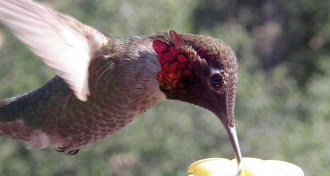 Animals
AnimalsHummingbirds evolved a strange taste for sugar
While other birds seem to lack the ability to taste sugar, hummingbirds detect sweetness using a repurposed sensor that normally responds to savory flavors.
-
 Ecosystems
EcosystemsLake under Antarctic ice bursts with life
Abundant microbes thrive in subglacial lakes deep under the Antarctic ice sheet.
-
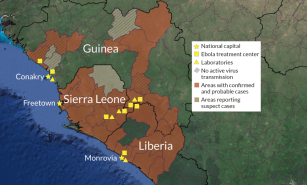 Health & Medicine
Health & MedicineExperimental drugs and vaccines poised to take on Ebola
The use of experimental drugs and vaccines against Ebola may turn the tide against an outbreak in Africa that has defied efforts to control it.
By Nathan Seppa -
 Animals
AnimalsOrcas and other animals may speak with complexity
From finches to orangutans, animal vocalizations may be more complex and not as distant from the structure of human language as previously thought.
-
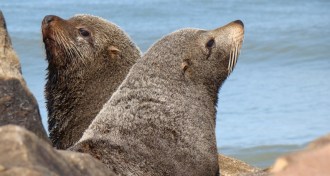 Genetics
GeneticsLong before Columbus, seals brought tuberculosis to South America
Evidence from the skeletons of ancient Peruvians shows that seals may have brought tuberculosis across an ocean from Africa.
-
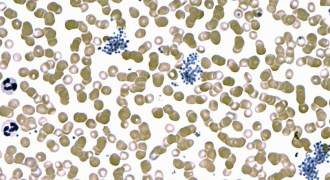 Life
LifeMalaria parasite’s invasion of blood cells tweezed apart
Tugging on malaria-causing parasite cells with laser optical tweezers suggest that the parasite cells interact only weakly with red blood cells and that the interactions could be disrupted with drugs or antibodies.
-
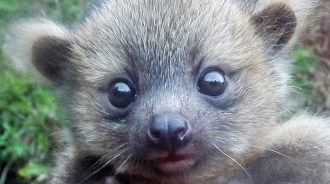 Animals
AnimalsOlinguito’s bio built by crowd-sourcing
Crowd-sourcing fleshes out the bio of little-known raccoon relative, the olinguito.
By Susan Milius -
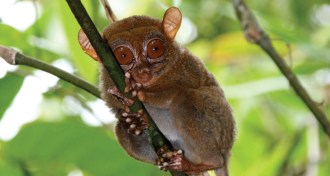 Animals
AnimalsNew subspecies of Philippine tarsier discovered
Genetic tests settle a taxonomic debate surrounding Philippine tarsier, one of the world’s smallest primates.
By Nsikan Akpan -
 Health & Medicine
Health & MedicineHPV vaccine protection lasts at least eight years
Immunization shields children from human papillomavirus infection for nearly a decade.
-
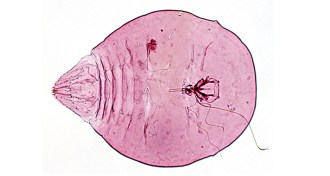 Agriculture
AgricultureKiller bug behind coconut plague identified
A pest has devastated coconuts in the Philippines, and scientists now realize the perp is not the bug they thought was causing the damage.
By Nsikan Akpan -
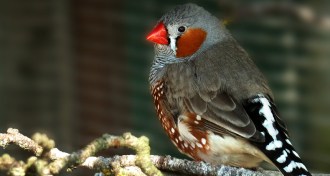 Animals
AnimalsZebra finches go mad with mercury, and other animal updates
Mercury exposure makes zebra finches bold and hyperactive, and additional research from the 2014 Animal Behavior Society Meeting.
-
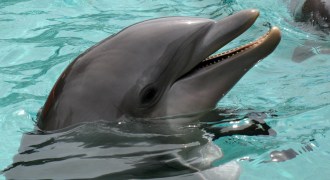 Animals
AnimalsDolphins and whales may squeal with pleasure too
Dolphins and whales squeal after a food reward in about the same time it takes for dopamine to be released in the brain.